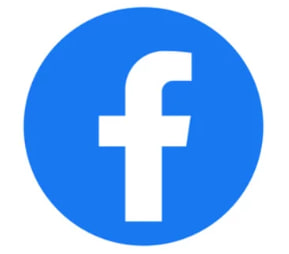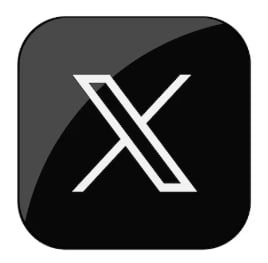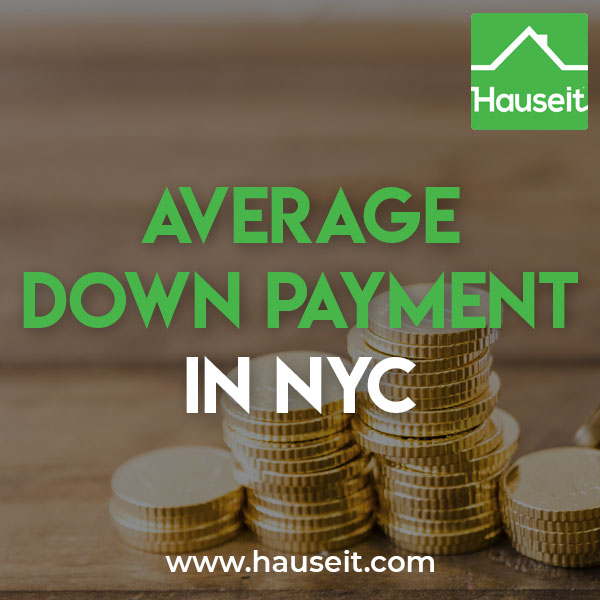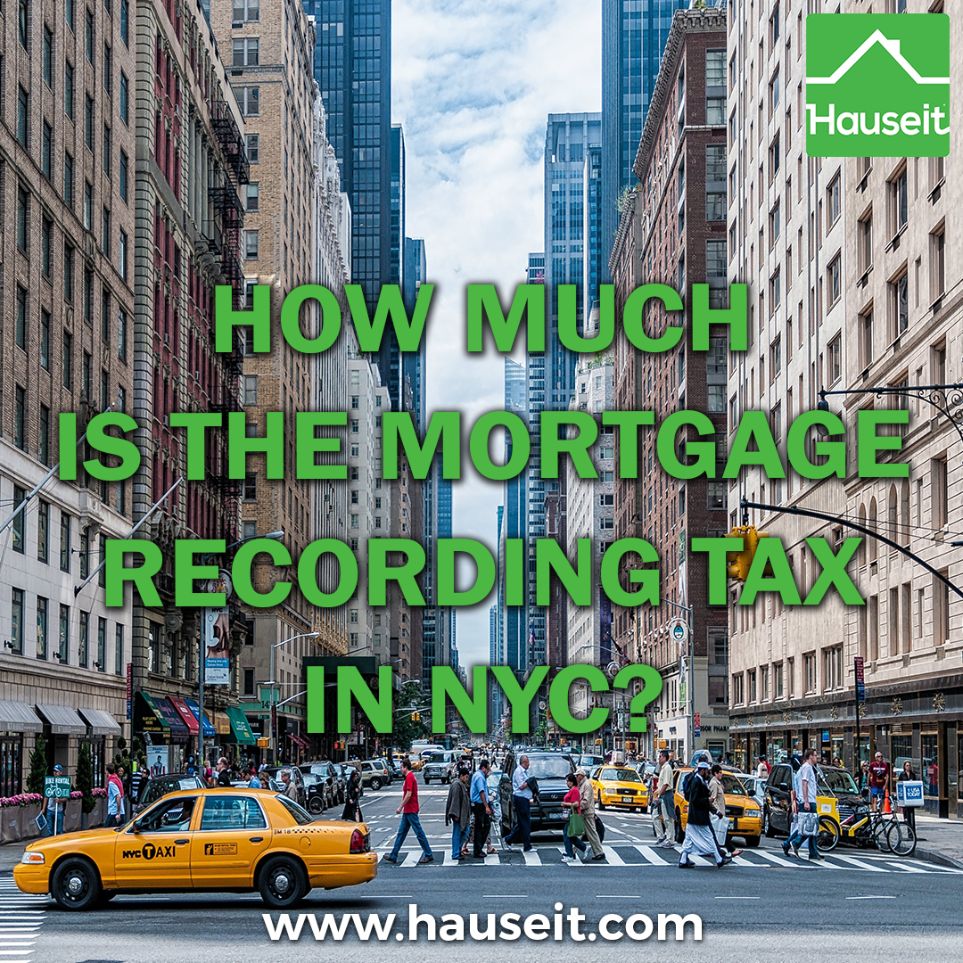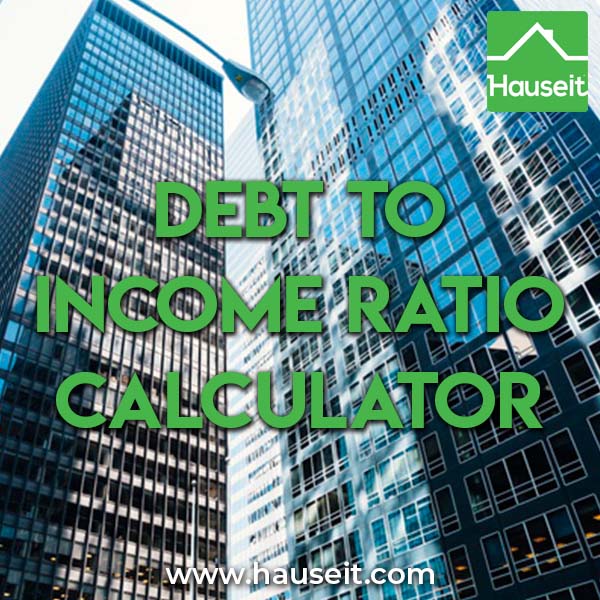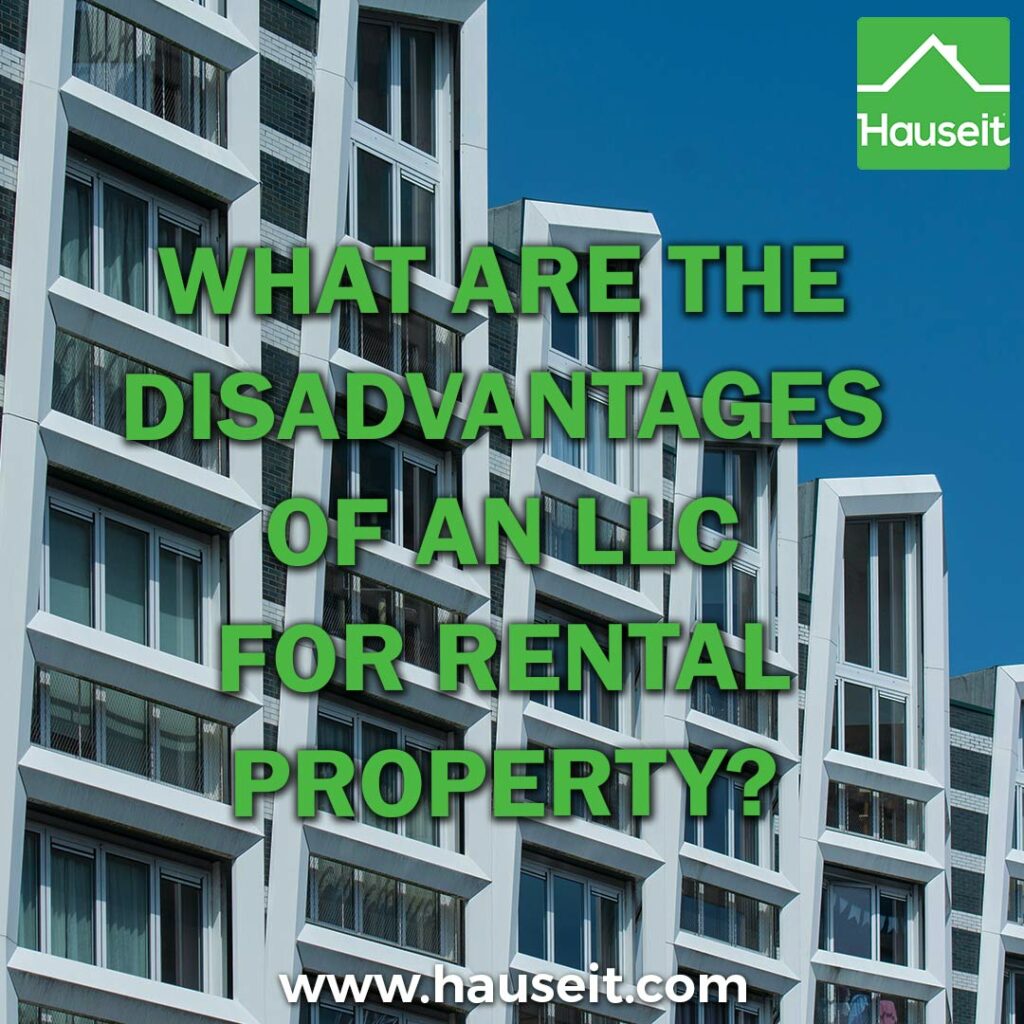A Physician Mortgage Loan, also known as a doctor mortgage loan or simply physician loan, is a specialized home loan product initially created for medical doctors (M.D.) and doctors of osteopathic medicine (D.O.). Today, banks have expanded eligibility to include a broader range of medical professionals. These loans are designed to accommodate the unique financial circumstances of physicians, such as high student debt and substantial future earning potential, making homeownership more accessible to medical practitioners.
Physician Mortgages differ from regular mortgages primarily through their more flexible underwriting criteria. Physician loans often require little to no down payment, which contrasts significantly with conventional mortgages that typically require 20% down to avoid Private Mortgage Insurance (PMI). Additionally, physician mortgages usually waive PMI requirements, even with minimal down payments, though they may carry slightly higher interest rates to offset this risk.
One of the key advantages of Physician Mortgage Loans is the minimal down payment requirement. While traditional mortgages often demand at least 20% down, physician loans frequently allow much lower down payments, with some lenders even offering zero-down options. This flexibility is particularly beneficial for new doctors who may not yet have significant savings due to student loan debt or other expenses.
Physician Mortgage Loans typically do not require Private Mortgage Insurance (PMI), even if your down payment is significantly less than 20%. This feature can save borrowers a substantial amount in monthly mortgage payments compared to conventional loans, which mandate PMI if the down payment falls below 20%. However, be mindful that physician loans might have slightly higher interest rates to balance the absence of PMI.
Physician mortgage loans were originally tailored to Medical Doctors (M.D.) and Doctors of Osteopathic Medicine (D.O.), but today many lenders have broadened eligibility significantly. Now, these loans typically extend to a wider range of medical professionals, including dentists (DDS or DMD), veterinarians (DVM), podiatrists (DPM), optometrists (OD), and even medical residents or fellows. Each lender sets their own specific eligibility criteria, so it’s important to check directly with your preferred bank or lender to confirm your qualifications.

